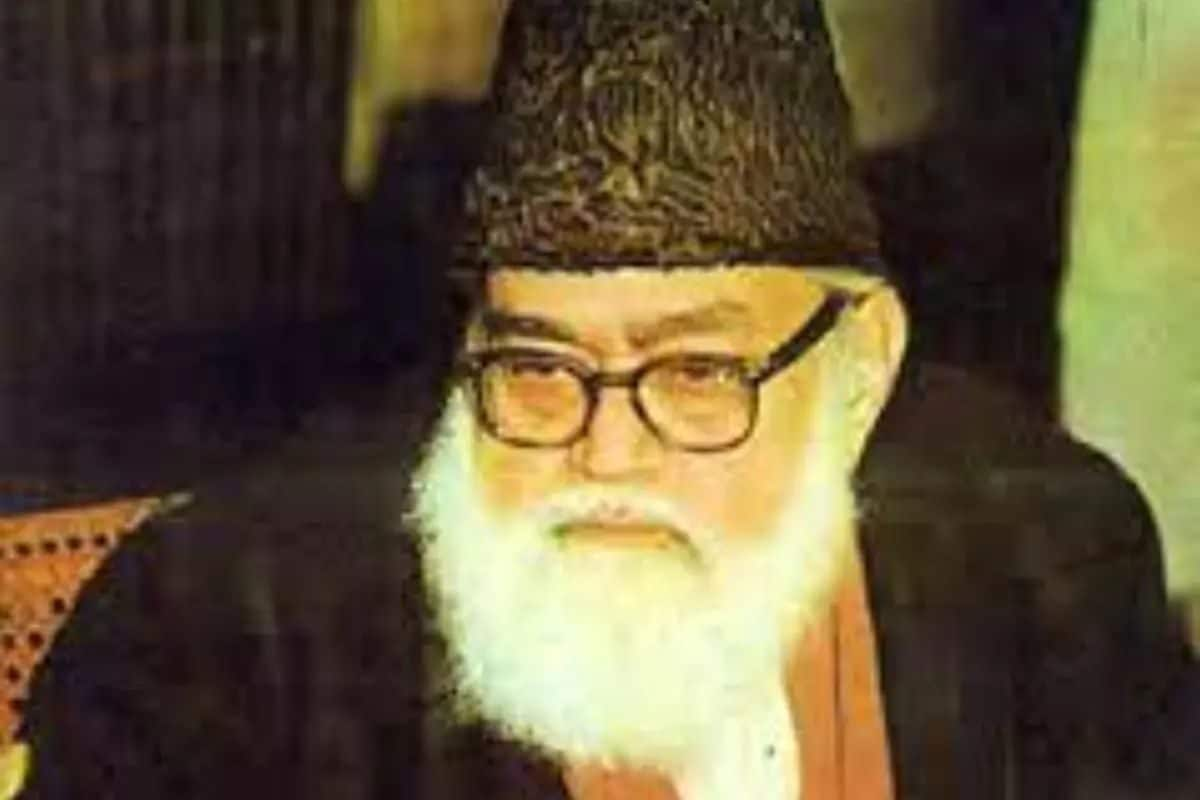The party is notably responsible for the ousting of the Awami League government in Bangladesh and the expulsion of Prime Minister Sheikh Hasina.
Jamaat-e-Islami, an Islamic political party, has been at the centre of controversy across three countries. The party is allegedly responsible for the ousting of the Awami League government in Bangladesh and the resignation of Prime Minister Sheikh Hasina. Jamaat-e-Islami employed violence and arson to force Sheikh Hasina to step down, garnering support from various radical Islamic groups. As the largest Islamic political party in Bangladesh, Jamaat-e-Islami, previously known as Jamaat-e-Islami Bangladesh, faced significant legal challenges.
In 2013, the Bangladesh Supreme Court invalidated the party’s registration, rendering it ineligible for national elections. This month, the Bangladeshi government imposed a complete ban on the party.
Founded in pre-independence India by Maulana Abul Ala Maududi, Jamaat-e-Islami was created with the aim of establishing a divine rule. Maududi, born in Aurangabad in 1903, envisioned Islam as a comprehensive political ideology, distinct from purely religious doctrines. Jamaat-e-Islami, established in 1941, quickly became one of the most prominent Islamic organisations of its time. In 1979, Maulana Maududi was honored with the Saudi Arabian Shah Faisal International Award for Service to Islam, becoming the first recipient of this award.
During the Independence Movement in India, Maududi and Jamaat-e-Islami actively opposed the partition of India. Following partition, Maududi and his followers focused on advocating for an Islamic state in Pakistan. His efforts are believed to have influenced Army General Muhammad Zia-ul-Haq’s Islamisation policies in Pakistan. Following the partition of India in 1947, Jamaat-e-Islami divided into two distinct entities: Jamaat-e-Islami Pakistan and Jamaat-e-Islami Hind. Jamaat-e-Islami Hind was established in 1948. Over time, related groups influenced by Jamaat-e-Islami emerged in Bangladesh, Kashmir, Britain, and Afghanistan.
Jamaat-e-Islami Pakistan opposed the independence of Bangladesh, actively supporting Pakistan during the 1971 independence war. During the 1971 Bangladesh Liberation War, Jamaat-e-Islami was implicated in the massacre of Hindus and Bengali-speaking Muslims. The Bangladeshi branch of Jamaat-e-Islami played a significant role in forming auxiliary forces for the Pakistani army, such as the Razakars, Al-Badr, Al-Shams, and Shanti Samiti. These groups were involved in numerous atrocities, including the mass killing of Hindu men, women, and children, as well as the widespread rape of Hindu girls and women.
Years ago, the International Crimes Tribunals in Bangladesh labeled Jamaat-e-Islami as a key ally of Pakistani occupation forces during the 1971 independence war. Recent reports continue to implicate the organisation in attacks against Hindus, their homes, and temples amidst ongoing violence in Bangladesh.
Jamaat-e-Islami Pakistan faced significant government repression in 1948, 1953, and 1963. However, during the early years of Army General Muhammad Zia-ul-Haq’s rule in Pakistan, the party’s influence grew, and it became seen as an ideological and political ally of the government. Under Zia-ul-Haq, many Jamaat-e-Islami members and sympathisers were appointed to the judiciary and civil service to promote this ideology. Members of the party held important cabinet positions, including roles in the Department of Information and Broadcasting. Jamaat-e-Islami has been linked with several banned organisations in Pakistan, most notably the Tehreek-e-Nafaz-e-Shariat-e-Mohammadi. This militant group, founded in 1992 by Sufi Muhammad, emerged as an offshoot of Jamaat-e-Islami.

